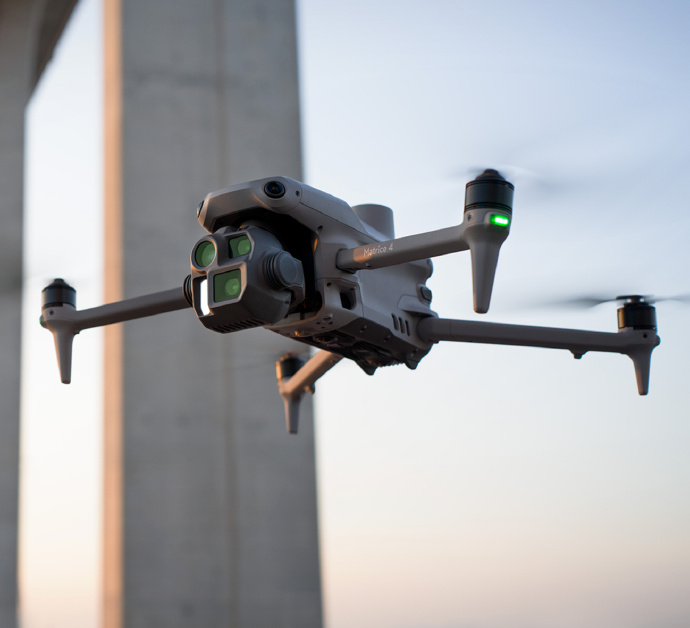The field of drone piloting has rapidly grown over the past decade, offering extensive job opportunities for aspiring professionals. With industries ranging from agriculture to entertainment, the demand for skilled drone pilots has reached unprecedented heights. This article will explore the diverse avenues available for individuals seeking to make a career out of their drone piloting expertise.
Why the Drone Industry is Booming
One major factor driving the surge in demand for drone pilots is the versatile applications of unmanned aerial vehicles (UAVs). Industries such as construction, delivery services, filmmaking, and public safety all leverage drones to improve efficiency and reduce costs. This shift has created a significant market for certified drone operators.
Moreover, regulatory advancements are paving the way for safe commercial drone operations. In regions like the United States, the Federal Aviation Administration (FAA) has established clear guidelines and certification requirements (e.g., Part 107 License), making it easier for pilots to prove their qualifications to potential employers.
Key Sectors Employing Drone Pilots
Drone pilots have the opportunity to work in a myriad of sectors, each offering unique challenges and benefits:
- Agriculture: Drones are used for crop monitoring, spraying pesticides, and collecting valuable soil data. Precision agriculture is booming, and tech-savvy pilots are highly sought after.
- Real Estate and Architecture: Capturing aerial shots of properties or surveying land for new projects has become an industry standard, requiring skilled operators.
- Media Production: From creating breathtaking shots in films to live broadcasting events, the entertainment industry employs drone pilots to achieve spectacular visuals.
- Inspection Services: Industries such as energy, telecommunications, and transportation need drones for infrastructure inspection and maintenance checks, reducing the need for risky manual interventions.
- Public Safety: Emergency services utilize drones for search-and-rescue operations, fire assessments, and accident investigations, proving their importance in saving lives.
How to Build a Career as a Drone Pilot
Becoming a professional drone pilot requires proper training and certifications. Start by enrolling in a reputable drone training program that covers both theoretical knowledge and hands-on flight practice. Many courses also prepare you for specific certifications, like the FAA’s Part 107 License in the U.S. or its equivalents in other countries.
Networking within the industry is equally crucial. Attend drone expos, conferences, or join forums to connect with industry veterans and stay updated on new trends. Building an impressive portfolio showcasing your skills through various projects can significantly enhance your job prospects.
Expected Salary and Growth Prospects
Drone pilot salaries vary based on experience, industry, and location. According to market research, entry-level pilots can expect to earn between $35,000 and $50,000 annually, while experienced operators in specialized sectors may earn upwards of $100,000 per year. With continued advancements in drone technology, the potential for job growth remains strong.
Tips for Staying Competitive in the Market
To excel in the competitive world of drone piloting, continuous learning is key. Stay updated on the latest drone models, software updates, and flight techniques. Additionally, consider diversifying your skill set with knowledge in areas like mapping, data analysis, or video editing, which are commonly paired with drone operations.
.jpg)
“The demand for competent drone pilots is soaring, making this a promising career for those with a passion for technology and a knack for precision.”
Remember to maintain a valid certification and adhere to safety and regulatory standards. Operational compliance not only ensures longevity in this profession but also builds a strong reputation among clients and employers.
FAQ
- What qualifications are needed to become a drone pilot?
- At a minimum, aspiring pilots should obtain the necessary certifications, such as the FAA Part 107 License in the U.S., along with adequate training and practical experience.
- What industries hire drone pilots the most?
- Key industries include agriculture, media production, real estate, public safety, and infrastructure inspection.
- Is freelance drone piloting a viable career option?
- Yes, many drone pilots work as freelancers, offering their skills to multiple clients for tasks like photography, videography, and land surveys.
